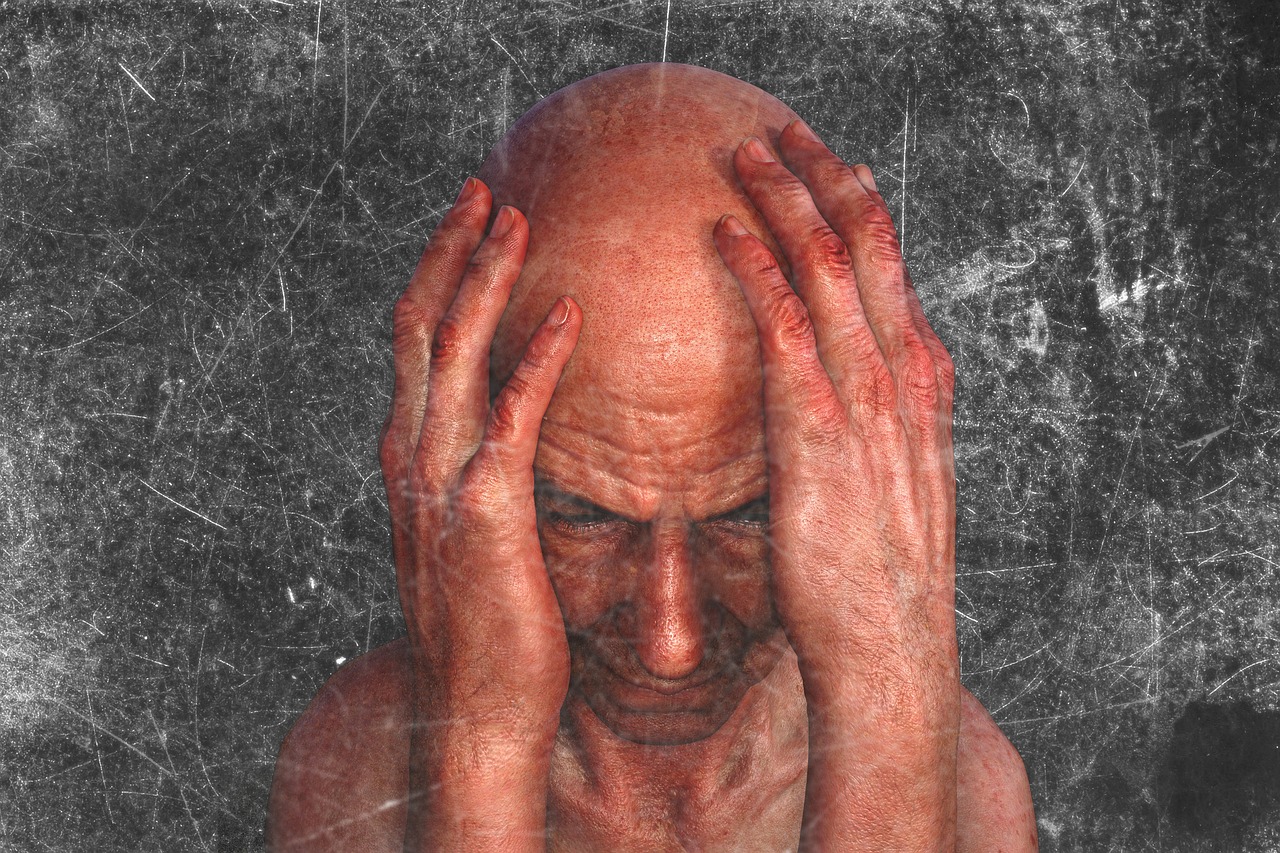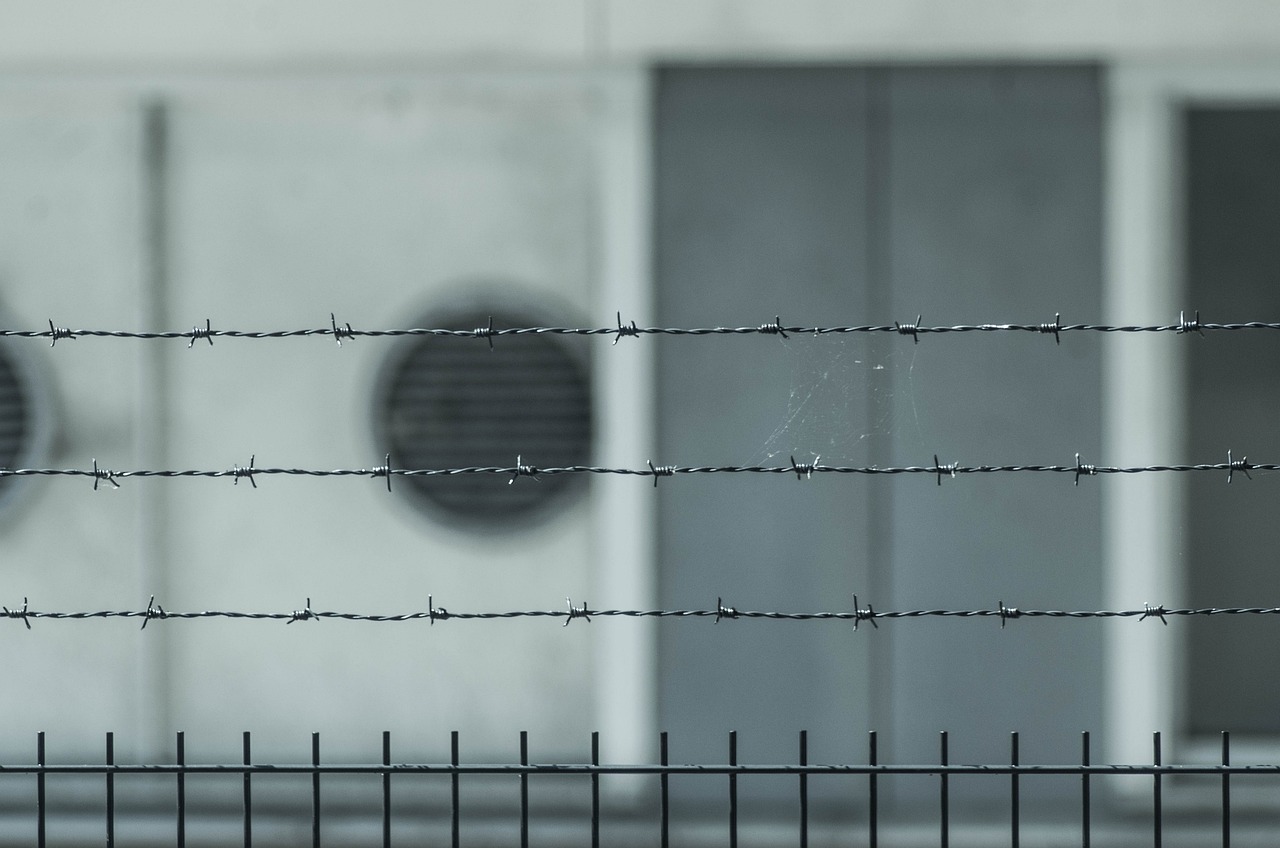- Most Infamous Terrorist Leaders in History - April 22, 2025
- From Bamboo to Billions: How Smugglers Exploit China’s Wildlife Trade - April 10, 2025
- Environmental Corruption in South America: Nature for Sale - April 10, 2025
The Impact of Family Dynamics on Criminal Behavior
Families are the foundational building blocks of society, and their influence on an individual can be profound. A stable family environment often nurtures positive behavior, but when family dynamics are strained, it can lead to detrimental outcomes. Research from the National Institute of Justice highlights that children who grow up amidst neglect, abuse, or domestic violence are at an increased risk of engaging in criminal activities. The family setting is where children learn about the world, and if their first lessons are filled with chaos and instability, it’s no surprise they might veer off the righteous path. It underscores the importance of fostering a nurturing family environment to deter potential criminal behavior. The stability provided by a supportive family can act as a protective factor against crime, much like a tree needs strong roots to grow upright.
Generational Crime: A Cycle of Offending
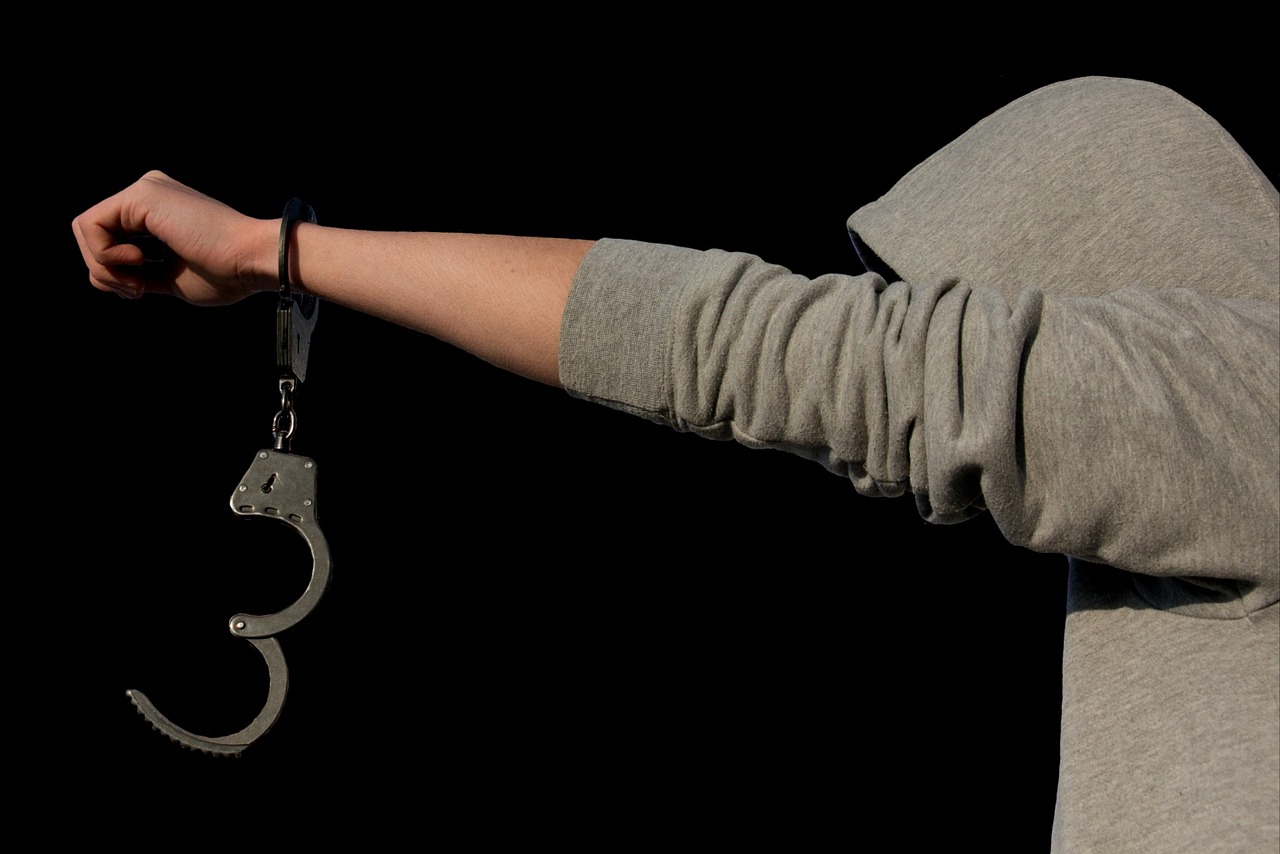
Crime can sometimes run through families like an inherited trait, creating a cycle that’s hard to break. Studies have shown that if parents are involved in criminal activities, their children are more likely to follow in their footsteps. The Journal of Criminal Justice reveals that a staggering 50% of children with incarcerated parents encounter legal issues by the age of 18. This cycle can be likened to a family heirloom, passed down from one generation to the next, albeit a much more damaging one. The environment these children grow up in often normalizes criminal behavior, making it a part of daily life rather than an anomaly. Breaking this cycle requires targeted interventions and support to provide children with alternative role models and opportunities.
Sibling Influence on Criminal Behavior
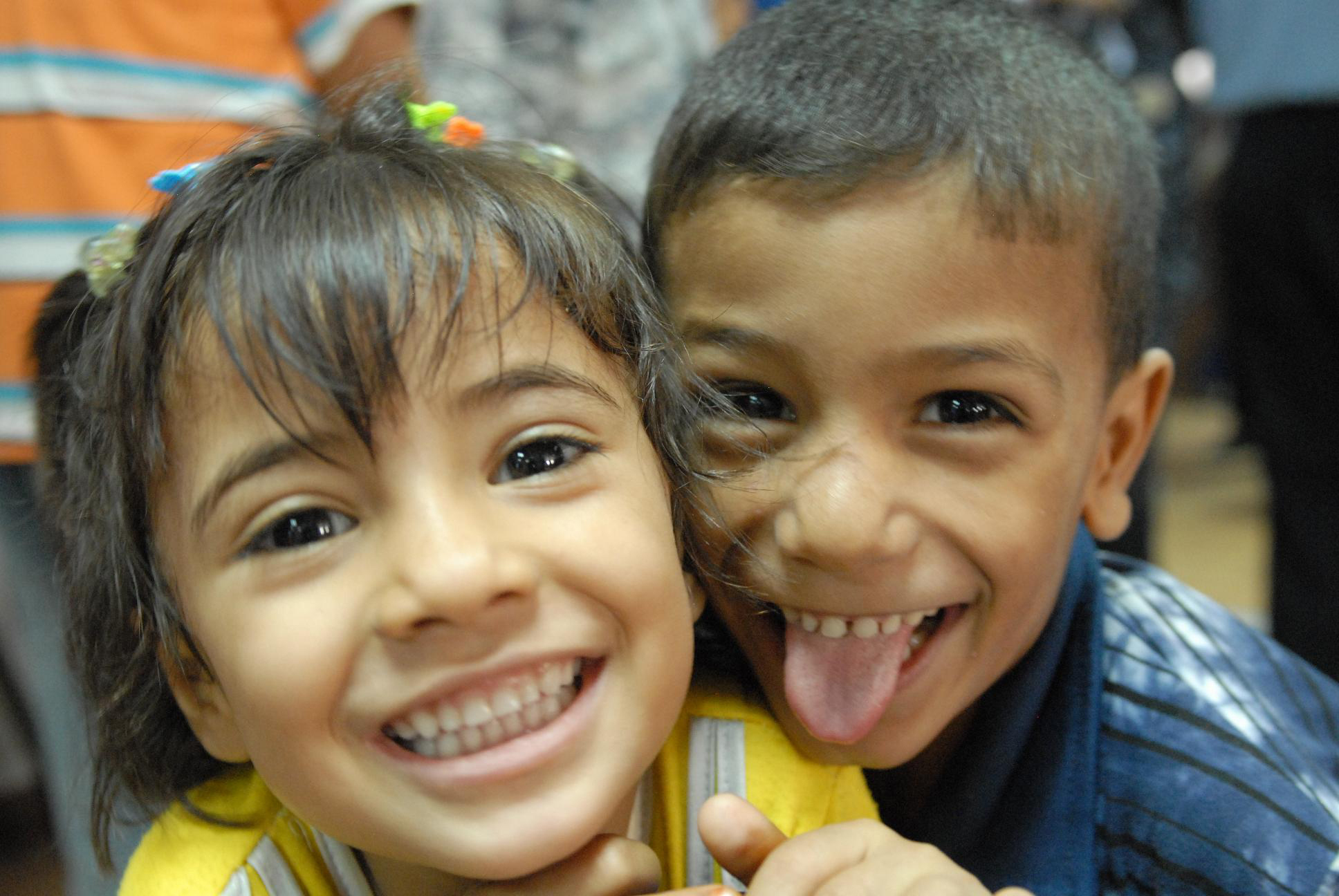
Siblings play a pivotal role in shaping each other’s lives, often acting as partners in crime, quite literally. A significant study from the University of California found that having a delinquent sibling can increase one’s likelihood of engaging in similar behavior by about 30%. This impact stems from shared experiences, environments, and often, peer groups. Siblings often look up to each other, and if the path shown is one of delinquency, the younger ones might just follow suit. This relationship can be both a blessing and a curse, highlighting the need for positive sibling interactions and environments that encourage good behavior. Like dominoes, one sibling’s actions can tip the balance for the others, setting off a chain reaction of consequences.
Family Business: When Crime Becomes a Family Affair
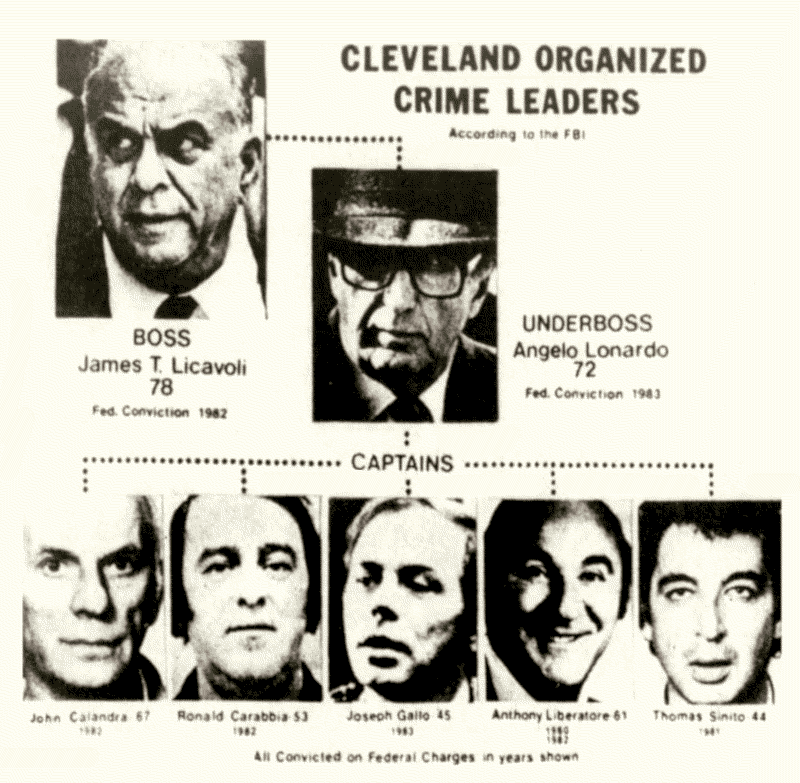
In some families, crime is not just an occasional occurrence but a lifelong enterprise. The Gambino crime family is one of the most infamous examples where criminal activities are passed down like a family business. According to the FBI, organized crime families often recruit their relatives to maintain loyalty and trust within their operations. This practice ensures that the family remains tightly knit, but for all the wrong reasons. It’s akin to a family bakery, where instead of passing down recipes, they pass down illegal operations. Such environments make it challenging for members to break away and lead a lawful life, as familial ties and obligations often pull them back into the fold.
The Role of Socioeconomic Status
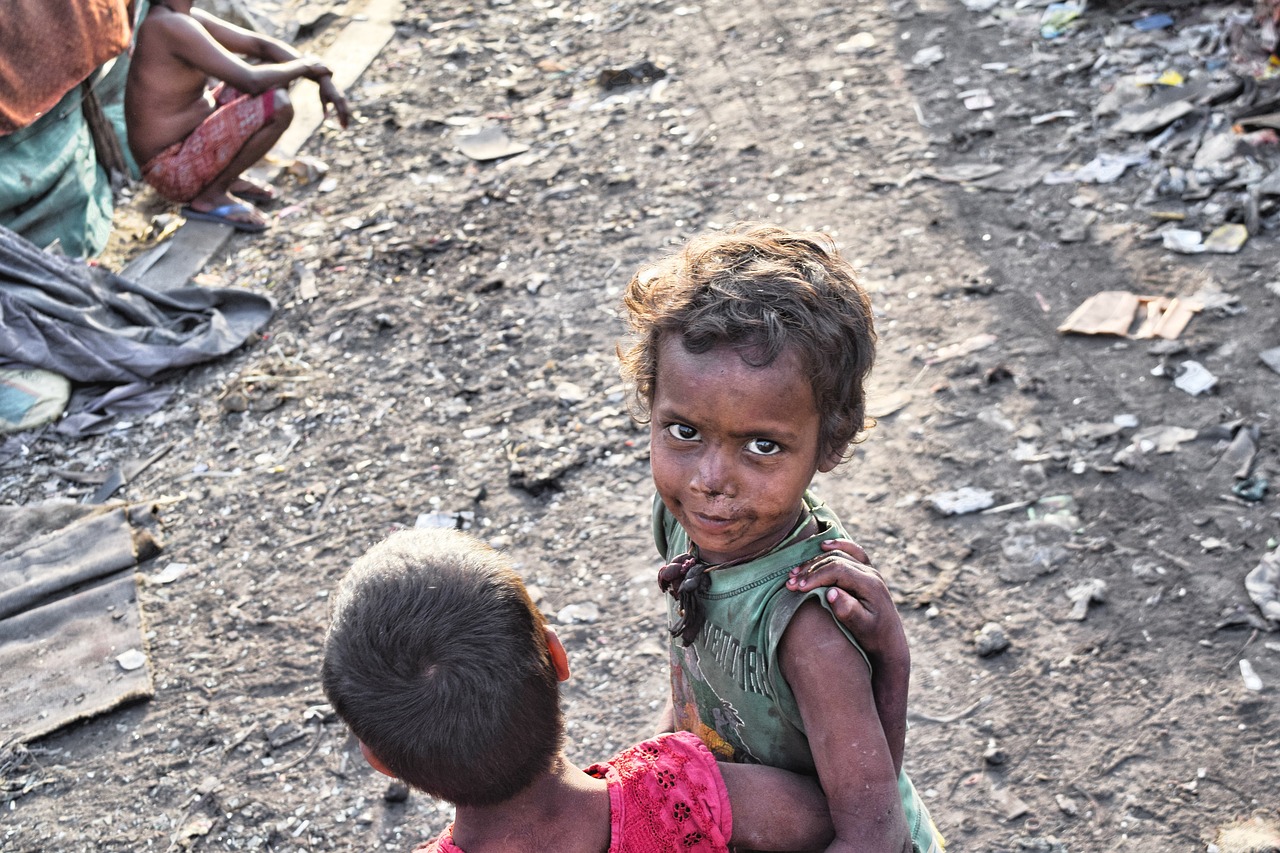
Socioeconomic status plays a significant role in shaping family dynamics and, subsequently, the likelihood of criminal behavior. Families living in poverty often face numerous challenges, which might push them towards crime as a means of survival. The Bureau of Justice Statistics suggests that individuals from lower socioeconomic backgrounds are more prone to engage in criminal activities. This correlation isn’t surprising, as financial hardships can lead to desperation, making crime seem like a viable option. It’s like being stuck between a rock and a hard place, where limited resources force difficult choices. Addressing economic disparities is essential to mitigating crime and providing families with better opportunities.
Domestic Violence and Its Criminal Consequences
Domestic violence is a pervasive issue that often unfolds within the family unit, leading to numerous criminal consequences. According to the National Coalition Against Domestic Violence, 1 in 4 women and 1 in 9 men experience severe intimate partner physical violence. This violence not only affects the immediate parties involved but often spirals into broader criminal charges and legal battles. The household becomes a battleground, leaving scars that run deep and influence future generations. Children growing up in such volatile environments may internalize this behavior, perpetuating a cycle of violence. It’s essential to provide resources and support to break this cycle and offer victims a way out.
The Influence of Family on Substance Abuse
Substance abuse is another area where family ties can lead to crime. Families with a history of addiction are more likely to produce children who struggle with similar issues. The National Institute on Drug Abuse points out that children of parents with substance use disorders are at a greater risk of developing these problems themselves. This pattern of behavior can lead to criminal activities, as individuals seek ways to support their habits. It’s like being caught in a web, where each thread represents a family member’s struggle, and breaking free becomes increasingly challenging. Interventions that focus on family healing and recovery can help dismantle these patterns and offer a path to sobriety.
The Psychological Effects of Family Crime
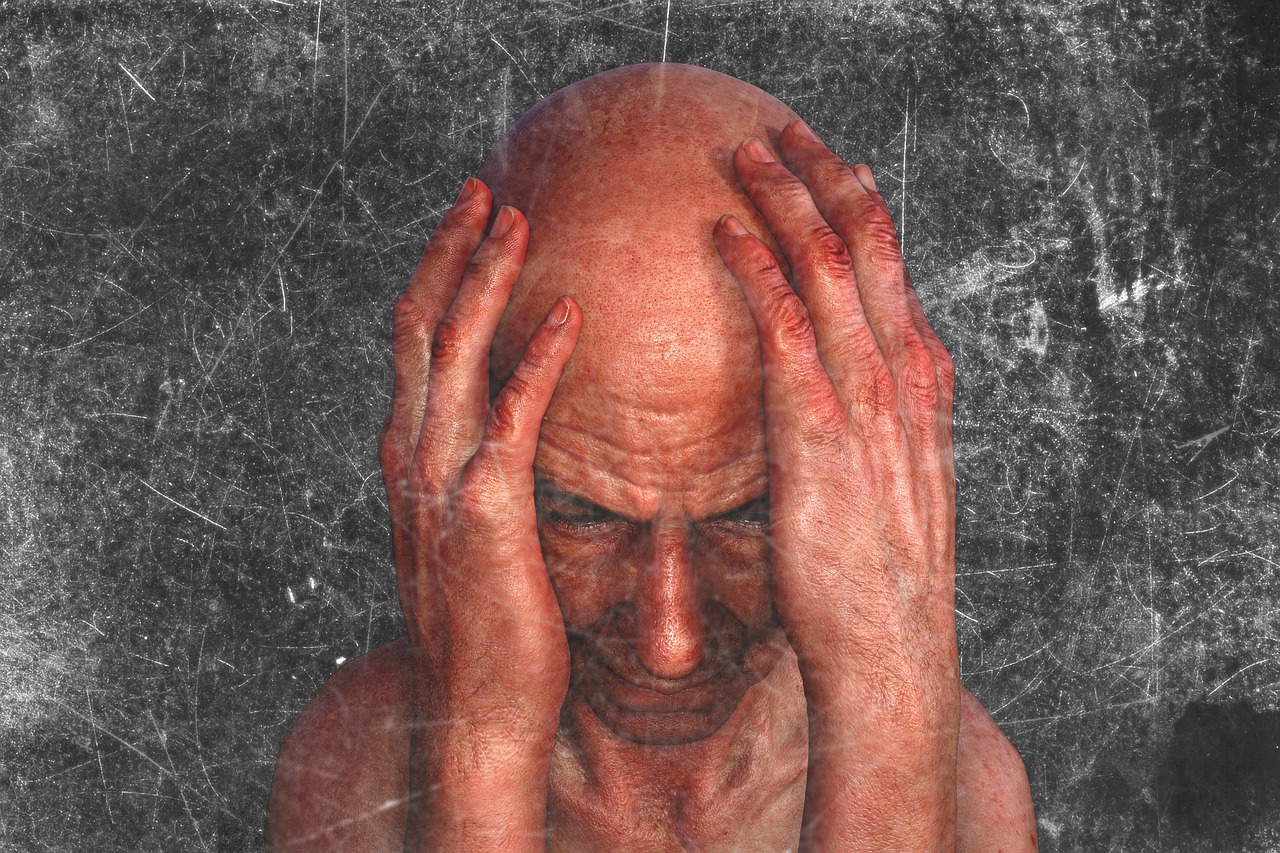
The psychological ramifications of being involved in family crime can be long-lasting and profound. Individuals growing up in criminal families often grapple with trauma, anxiety, and depression. A study from the American Psychological Association found that children exposed to family crime are more susceptible to developing mental health issues. This exposure can create a vicious cycle, where mental health struggles lead to further criminal behavior. It’s akin to living in a shadow, where the darkness of past experiences looms large, affecting one’s ability to see the light. Addressing these psychological impacts is crucial in breaking the cycle and offering individuals a chance at a brighter future.
Legal Consequences for Family Members
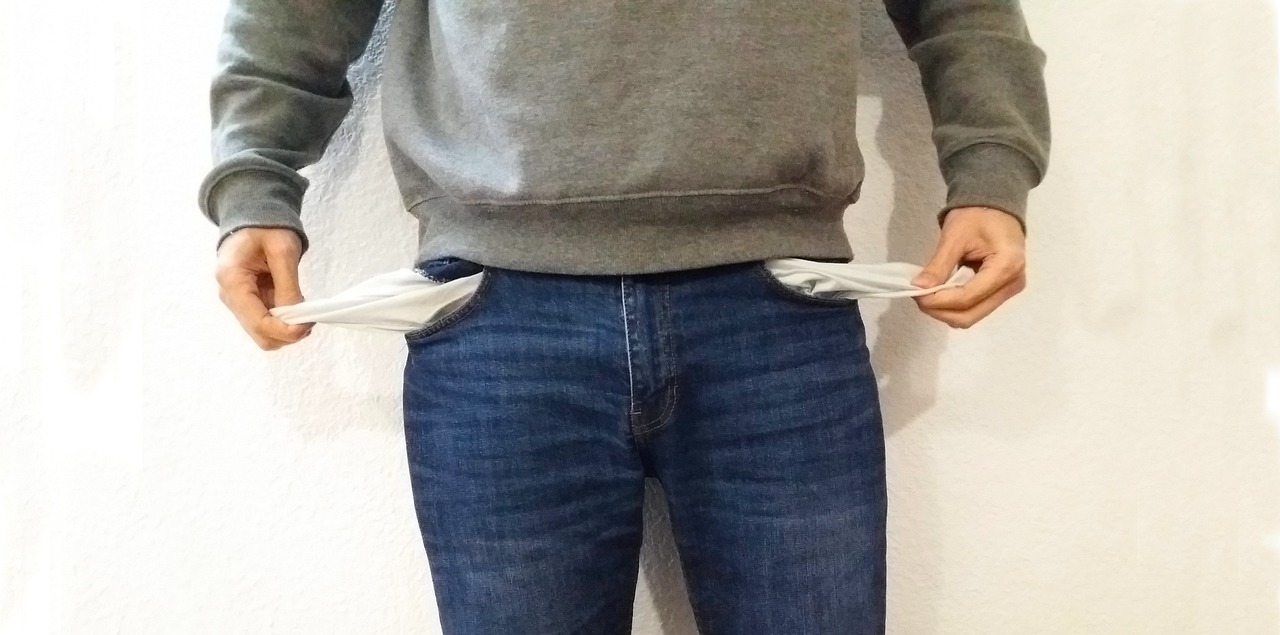
Family members involved in crime can face severe legal consequences, even if they aren’t the primary offenders. The concept of “accessory” charges means that individuals can be held accountable for aiding or abetting criminal activities. Legal experts note that this can include family members who provide support or cover for the primary offender. This legal accountability serves as a reminder that turning a blind eye or offering a helping hand in criminal endeavors can have dire consequences. It’s like being on a sinking ship; even if you’re not the one who caused the leak, you’ll still face the repercussions. Awareness and education about legal responsibilities can help deter such involvement.
Breaking the Cycle: Prevention and Intervention Strategies
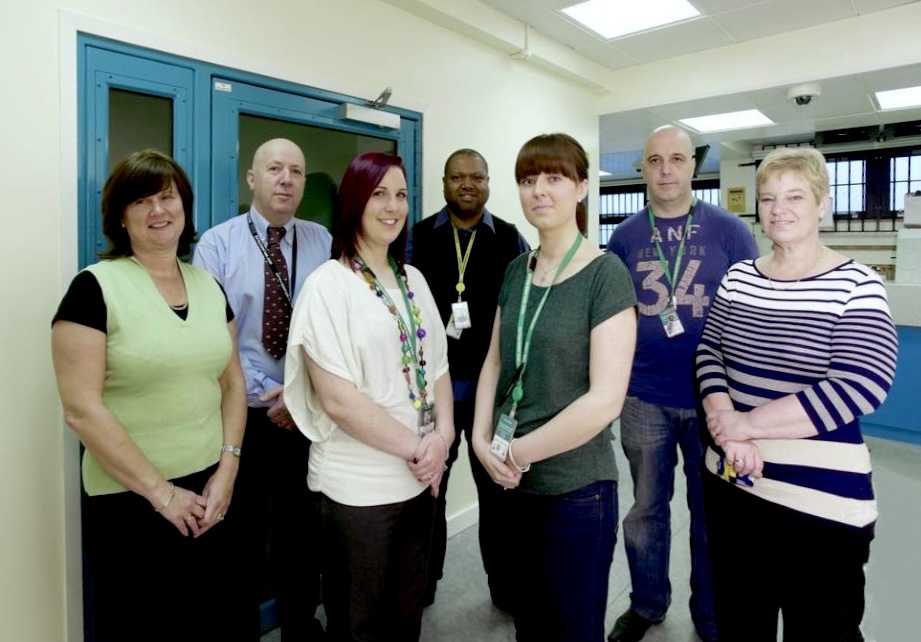
To effectively combat crime within families, prevention and intervention strategies are paramount. Programs focusing on family counseling, education, and community support can play a crucial role in breaking the cycle of crime. The Office of Juvenile Justice and Delinquency Prevention emphasizes the importance of early intervention to address family issues before they escalate into criminal behavior. These initiatives are akin to planting seeds of change, offering families the tools and resources to grow in a positive direction. By addressing root causes and providing support, it’s possible to create an environment where crime is no longer a family legacy but a distant memory.

